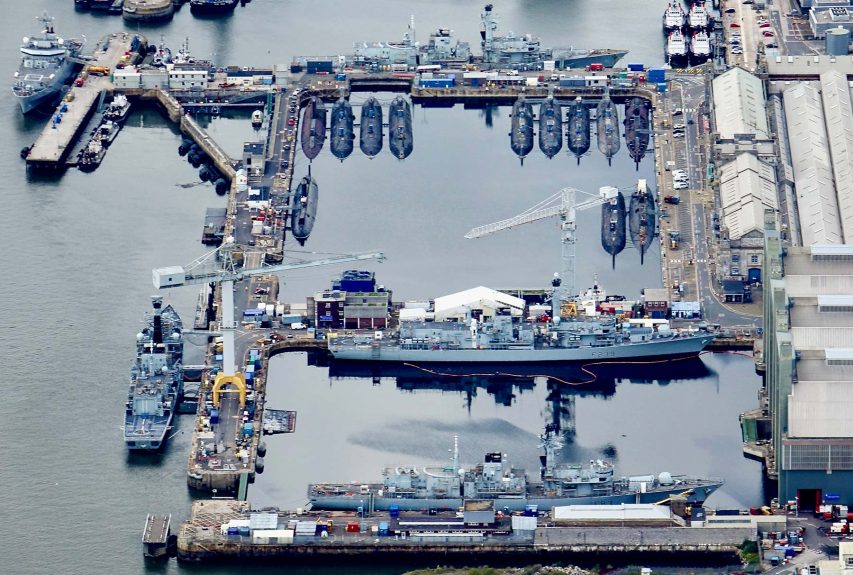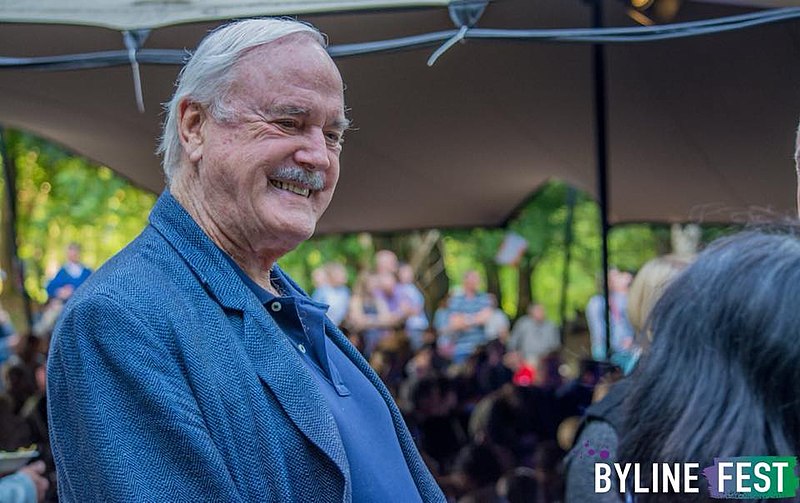Extra Credits
Published 16 Nov 2019Join us on Patreon! http://bit.ly/EHPatreon
A revolutionary dreamer or a tyrannical despot? That is a question at the heart of Akhenaten’s rule, a pharaoh so unusual, that his successors tried and almost successfully erased him from the historical records. You may know his more famous wife, Queen Nefertiti but Akhenaten was a fascinating ruler. He went against the grain of almost all of Egyptian traditions including trying to establish a monotheistic religion and unite the Upper and Lower Kingdoms of Egypt.
November 17, 2019
Akhenaten – A Pharaoh Obsessed – Extra History
Britain shows Japan how to Attack Pearl Harbor – WW2 – 064 – November 16, 1940
World War Two
Published 16 Nov 2019Japan has two wins this week, and one might turn out to be very consequential for the rest of the war. In the meantime, the British RAF fights the Luftwaffe and Italy struggles in their offensive against Greece.
Join us on Patreon: https://www.patreon.com/TimeGhostHistory
Or join The TimeGhost Army directly at: https://timeghost.tvFollow WW2 day by day on Instagram @World_war_two_realtime https://www.instagram.com/world_war_t…
Join our Discord Server: https://discord.gg/D6D2aYN.
Between 2 Wars: https://www.youtube.com/playlist?list…
Source list: http://bit.ly/WW2sourcesWritten and Hosted by: Indy Neidell
Produced and Directed by: Spartacus Olsson and Astrid Deinhard
Executive Producers: Bodo Rittenauer, Astrid Deinhard, Indy Neidell, Spartacus Olsson
Creative Producer: Joram Appel
Post-Production Director: Wieke Kapteijns
Research by: Indy Neidell
Edited by: Iryna Dulka
Map animations: EastoryColorisations by: Julius Jääskeläinen, https://www.facebook.com/JJcolorization/
Eastory’s channel: https://www.youtube.com/channel/UCEly…
Archive by Screenocean/Reuters https://www.screenocean.com.Sources:
– Narodowe Archiwum Cyfrowe
– IWM: CM 164, C 1244
– Destroyed house icon by Gan Khoon Lay, people icon by Gregor Cresnar from the Noun ProjectA TimeGhost chronological documentary produced by OnLion Entertainment GmbH.
From the comments:
World War Two
2 days ago
Do you want more World War Two in realtime? We have a great Instagram page, where we make a daily post about what happened in the war on that day. This might be something completely different from what’s covered in these videos, or might add some more details. You can follow it by searching @world_war_two_realtime or by clicking here: https://www.instagram.com/world_war_two_realtime/. See you there!
Cheers, Joram
The three cycles of a naval ship’s career
Last month, there was some concern over the state of the Royal Navy’s current fleet, based on things the Secretary of State for Defence had said to the Commons Defence Select Committee:
While discussing the size of the navy, and the minister made a valid point that it is hard to go to the Treasury and argue for more new warships when the RN is unable to make full use of the vessels already in service. “If I had more of our current fleet working, then I would have much more freedom to deploy to meet some of our ambitions and tasks. I’ve made it very clear to the First Sea Lord one of my priorities is to get what we’ve got working” he said.
Unfortunately the Minister then rather confused the issue by stating that the RN has “only” 57 of its 76 surface ships available. This statement is technically true but it needs a great deal of context. It is only possible to reach the 76 figure by counting absolutely everything in commission that floats including the MCMVs, OPVs, Royal Fleet Auxiliary vessels, the hydrographic ships and the two small boats of the Gibraltar Squadron. 16 small unarmed P2000 patrol/training boats and inshore survey boat HMS Magpie are also included in this total. These vessels all have important roles to play but major surface combat vessels number just 23, even if both aircraft carriers and both LPDs are counted. Of that 23, about 10 are active at the time of writing. (HMS Queen Elizabeth (not yet fully operational) Albion, Defender, Dragon, Montrose, Kent, Argyll, Sutherland, Northumberland and Westminster)
In fact, 57 vessels “available” from a fleet of 76 would be very impressive. Any navy that has 75% of its ships ready for operations would be doing exceptionally well. But it rather depends on your definition of “available” as ships are in constant cycle at differing levels of readiness. A more normal approximate ‘rule of thirds’ would apply for most serious navies; a third on operations, a third preparing for operations, in transit, training or maintenance and a third at very low readiness in deep refit. This cycle is simply unavoidable, warships are highly complex pieces of engineering that are exposed to the harsh marine environment and must be maintained.
What Ben Wallace was really talking about is improving the readiness of the frigates and destroyers. As we have reported before, delays to the frigate LIFEX refits are contributing to lower than usual numbers of ships available. Currently, more than half of the frigate fleet are all either awaiting refit or undergoing refit at Devonport.

A view of Royal Navy ships at Devonport, 19th October 2019. (Top) HMS Monmouth out of routine and awaiting refit. (Middle) The depressing sight of the decommissioned nuclear submarine “flotilla” awaiting disposal, comprising more boats than are currently active. In the basin are (top) HMS Richmond, first of the frigates to receive new engines and (bottom) HMS St. Albans. HMS Portland, Somerset and Iron Duke are inside the covered refit complex to the right. (Left) alongside at No.1 Wharf is HMS Lancaster.
Photo by Andy Amor, originally posted at Save The Royal Navy, 2019-10-25.
Book Review: Arms & Accoutrements of the Mounted Police 1873-1973
Forgotten Weapons
Published on 15 Sep 2019http://www.patreon.com/ForgottenWeapons
Cool Forgotten Weapons merch! http://shop.bbtv.com/collections/forg…
The Royal North West Mounted Police (later merged with the Dominion Police to become the RCMP — Royal Canadian Mounted Police) are an interesting and often overlooked element of the western frontier. We Americans tend to only think about the Old West up to northern Montana and Idaho, but of course things were not that much different on the other side of the border in Alberta, Saskatchewan, Yukon, and the other western provinces. Starting with their founding in 1873, law enforcement in western Canada was the domain of the RNWMP, and they used an interesting mixture of British Empire arms and American arms – Colts and Adams; Winchesters and Sniders.
Arms and Accoutrements of the Mounted Police, 1873-1973 covers the whole range or arms and accessories used by the Mounties. Handguns, rifles, shotguns, machine guns, swords, lances, and even artillery (yes, they had some artillery). This is a great book for any Canadian collector, and quite interesting for the rest of us as well — a window into a police agency we don’t often think about.
The book is generally out of print, but as of this writing still in stock for $35 at JoeSalter.com:
https://www.joesalter.com/category/pr…
Contact:
Forgotten Weapons
6281 N. Oracle #36270
Tucson, AZ 85704








